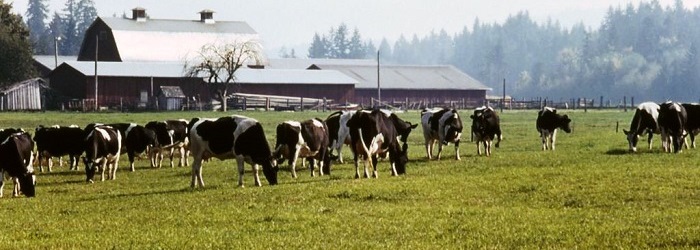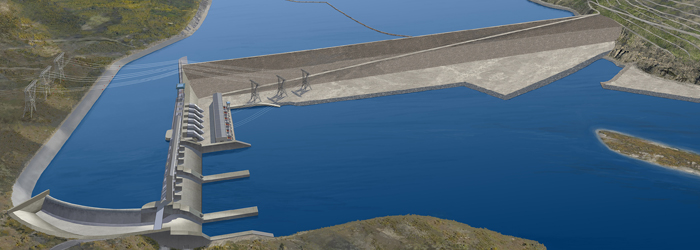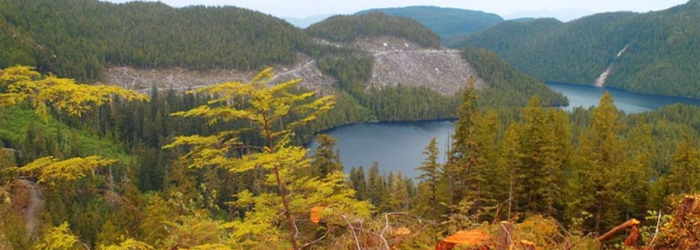Learn about the BC Building Code which applies to building construction & renovation.
Farming, natural resources and industry
Popular Topics
Site C Information & Updates
Access Site C updates, information and news releases.
Start a Farm
Access information and resources to help start a farm or to grow a new farm business.
Services and information topics
Agriculture and seafood
The broad geography and climate of B.C. enables us to produce an impressive number of food products. British Columbians are proud of the over 200 agriculture commodities and 100 seafood species harvested in the province. In addition, B.C. has more than 1,500 businesses that produce foods and beverages ranging from breakfast cereal to wine to nutraceuticals.
Construction industry
The construction industry has a major impact on the growth and strength of the province. This industry has literally built B.C. – everything from homes and office buildings, to roads and bridges. Every project is a tribute to the skilled workers who built it.
Crown Land & Water
Crown land is land (or land covered by water like rivers or lakes) that is owned by the provincial government. This type of land is available to the public for many different purposes – from industry to recreation and research.
Electricity & Alternative Energy
The best energy sources are those that do not harm the environment. Learn about the types of energy we use in B.C. and what we do to conserve them.
Forestry
Forestry has played a huge role in B.C. for over 100 years. We do more than harvest timber: we seek to grow, sustain and benefit from our vast forests.
Natural Gas & Oil
Access information and resources designed for sustainable development in this industry.
Rangelands
B.C. Rangelands are on both public and private lands. Most of the province’s livestock grazing is done under trees, particularly in open forests, although grasslands are important sources of forage also. Rangelands have been managed under Crown Licenses for more than 100 years.
Working on the Land Base
B.C. is comprised of 94% provincial Crown land, 1% federal Crown land and 5% private land. Learn more about these different land types and appropriate uses for them.
Featured in Farming, natural resources and industry
Consulting with First Nations
B.C.’s obligations for consulting First Nations on land and resource decisions.
Agriculture & Seafood Programs
Agriculture and seafood producers and processors can access programs and funding to support their businesses.
Site C Clean Energy Project
Site C will generate clean, renewable, cost-effective electricity in B.C.
BC Timber Sales (BCTS)
BC Timber Sales manages costs & pricing for timber harvested from public land in B.C.
In Focus
Premier directs government to cancel American contracts wherever viable
Thursday, April 10, 2025
The B.C. government has updated its direction to ministries, health authorities and core Crown corporations to critically review all contracts with United States companies to decrease the Province’s dependence on goods and services from U.S. suppliers.





